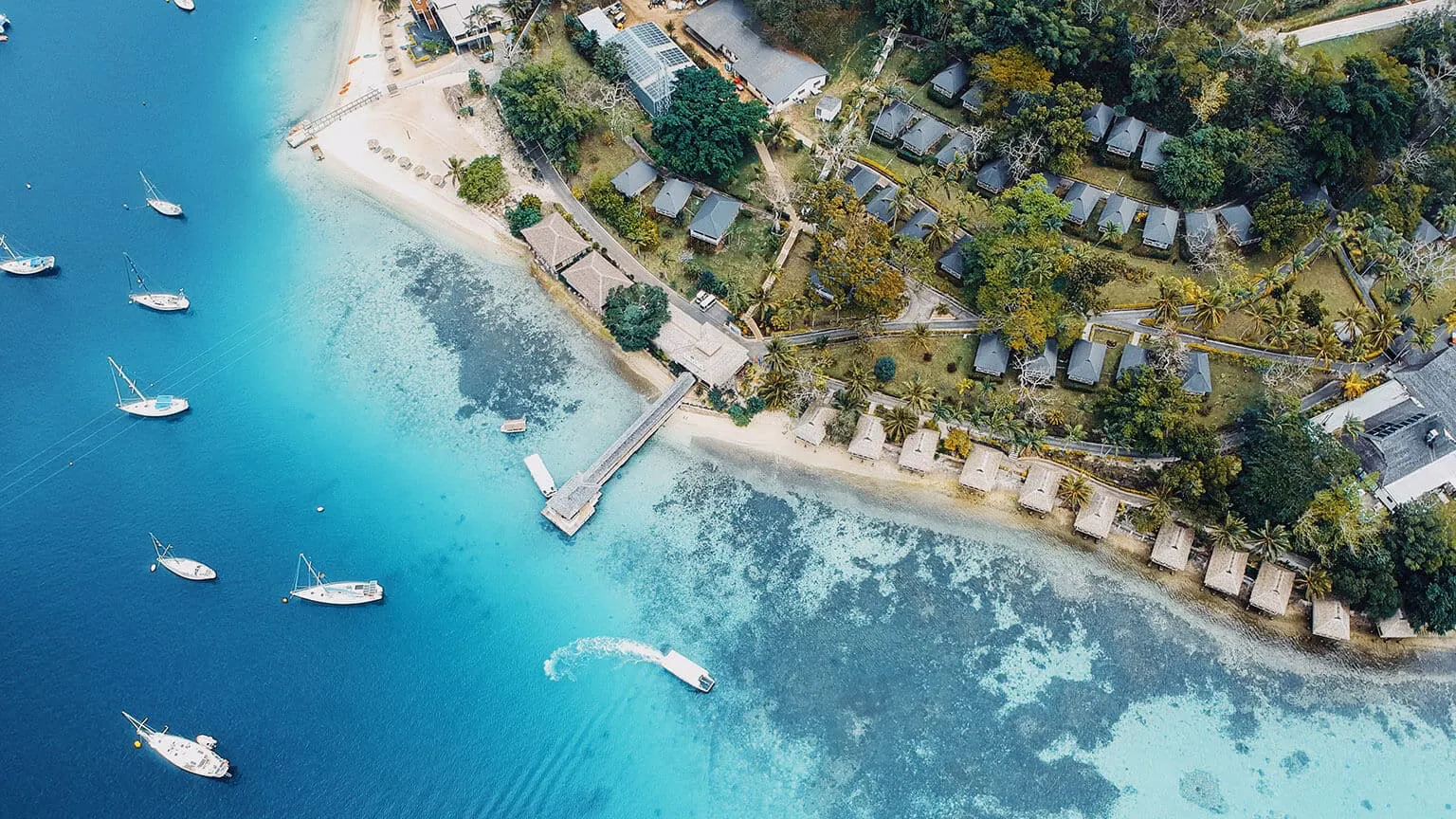1. Cost of Living: Vanuatu is known for its relatively lower cost of living compared to many developed nations. Rent, groceries, and daily expenses may be more affordable compared to countries with higher living expenses.
2. Healthcare: Vanuatu's healthcare system includes public and private facilities. Medical services and facilities may not be as advanced as in some developed nations.
3. Transport: Public transportation options are available, including buses and taxis, but they may be less structured than in larger cities. Owning a vehicle could be beneficial, especially in rural areas.
4. Food: The cost of food in Vanuatu varies. Local markets offer fresh produce at affordable prices, while imported or specialty items may be more expensive.
Expatriates and individuals considering living in Vanuatu might find that an annual budget ranging from $15,000 to $25,000 USD could cover basic living expenses. This is a broad estimate, and actual costs can vary widely based on factors like accommodation preferences, personal spending habits, and specific location within Vanuatu.
Pros:
- Natural Beauty: Breathtaking landscapes, including pristine beaches, lush rainforests, and vibrant coral reefs.
- Cultural Diversity: The country is rich in cultural diversity, with numerous indigenous communities each contributing to the unique tapestry of Vanuatu's traditions, languages, and customs.
- Laid-Back Lifestyle: Vanuatu is known for its relaxed and unhurried lifestyle.
- Outdoor Activities: Residents can enjoy a variety of outdoor activities, including water sports, hiking, and exploring volcanic landscapes, contributing to a healthy and active lifestyle.
- Community Spirit: The strong sense of community is a positive aspect, with locals often displaying warmth and friendliness, contributing to a welcoming environment.
Cons:
- Limited Healthcare Facilities: Access to advanced healthcare facilities can be limited, particularly in rural areas. Serious medical issues may require evacuation to more developed countries.
- Natural Disasters: Vanuatu is susceptible to natural disasters, including cyclones and earthquakes.
- Isolation: Being an island nation, there might be a sense of isolation, and travel to other countries can involve longer journeys and potentially higher costs.
- Limited Job Opportunities: The job market may be limited, especially in specific industries.
- Infrastructure Challenges: Some areas may face challenges with infrastructure, including roads and utilities. Rural locations might have fewer amenities compared to urban centers.
1. Port Vila (Efate): Port Vila, the capital and largest city of Vanuatu, is on the island of Efate. It's a bustling urban center with various amenities, including shops, restaurants, and government offices. The city offers a mix of urban and island lifestyles.
2. Luganville (Santo): Luganville is the largest town on the island of Espiritu Santo. It serves as the second major urban area in Vanuatu. The town has a more relaxed atmosphere and is known for its cultural attractions and diving spots.
3. Isangel (Tanna): Isangel is the capital of Tafea Province on the island of Tanna. Tanna is known for its active volcano, Mount Yasur. Isangel provides a quieter lifestyle compared to larger centers.
4. Lakatoro (Malekula): Lakatoro is the capital of Malampa Province on the island of Malekula. It's a smaller town with a focus on local agriculture and a more traditional way of life.
5. Sola (Vanua Lava): Sola is the capital of Torba Province on the island of Vanua Lava. It's a smaller town, and the province is known for its pristine natural beauty and cultural heritage.
- Research Local Customs and Laws:
Familiarize yourself with Vanuatu's customs, traditions, and laws. Being aware of local norms will help you integrate more smoothly into the community.
- Secure Employment or Business Opportunities:
If you plan to work in Vanuatu, secure employment or explore business opportunities before moving. Having a job or business plan in place will contribute to a smoother transition.
- Financial Planning:
Develop a financial plan that takes into account the cost of living, housing, and potential unexpected expenses.
- Healthcare Considerations:
While the country has medical facilities, access to advanced healthcare may be limited, particularly in rural areas.





